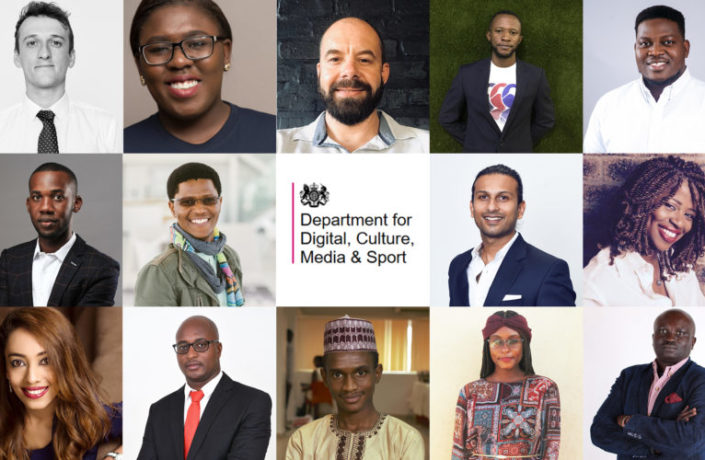 News
News


Our education system has been designed to implement a method of pedagogy that is accessible, truly universal for all users (in both quality and quantity) and free at the point of use. Clearly not every child in the UK is going to have identical educational experiences but structures such as teacher training, professional development and inspection aim to ensure a general parity of delivery. In the context of careers education, whilst there is an overall consensus that it is a ‘good thing’, the same level of universality has not been achieved yet, though significant progress is being made. Research published by LKMco in April, produced in collaboration with Founders4Schools, really emphasises the importance of a universal offer, have a read for yourself the report defines universalty as follows.
“Universality: all children and young people should access a careers education, regardless of their background, prior knowledge about possible pathways, or pre-existing aspirations.”
I think it’s important to take some time to reflect on what a universal approach looks like, why creating a universal offer is such a difficult thing to do and, ultimately, where do we go from here?
What does a Universal Offer look like?
A truly universal offer to young people needs to be free at the point of access, easy to use and have real impact for young people in a variety of ways. Ideally it needs to provide opportunities to develop education, training and career pathway decision making and understanding as well as improving personal, emotional and social development. And a truly universal offer also needs to provide opportunities to develop career readiness skills such as CV writing, application writing, networking, and interviewing workshops.
Why is this so hard to do?
The reality is that not every child in the UK yet has regular access to good careers guidance. This is down to whole host of reasons but the most common factors contributing to an irregular pattern of access for young people tend to be as follows
So, what next?
There is already a huge amount of good work going on in this area. The national roll out of the Gatsby Benchmarks by the Careers and Enterprise Company in England and Wales, the work of the Developing the Young Workforce national and regional teams in Scotland, and the ongoing work of fantastic organisations such as Business in the Community to name but a few. Visibility of this work in a joined up way is still an issue. It’s crucial that in identifying a method for implementing a universal offer that existing good practice is not overridden or replaced. Working in partnership is absolutely crucial. Deep and meaningful partnerships. Not just tinkering at the edges.
“Partnerships are the way of the future and what l I love is that we build on the shoulders of giants. There are a large number of great people doing phenomenal work in addressing the skills crisis and if we try to work separately we will confuse people. But if we work together that’s a match made in heaven .” Sherry Coutu CBE